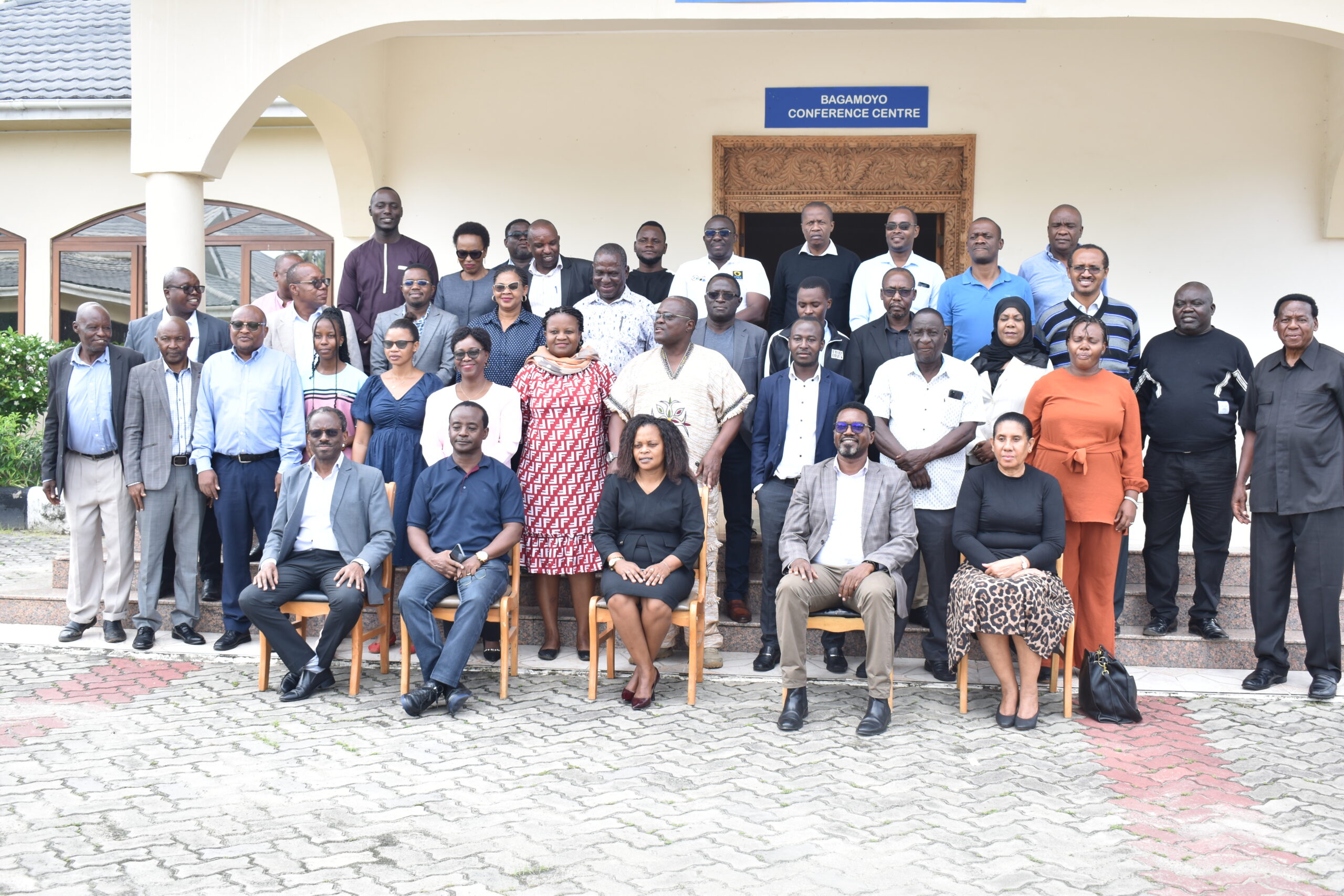Through a partnership between AGRA Tanzania and the Tanzania Editors Forum (TEF), a crucial training session was recently held, highlighting the significant role of media in promoting advancements in seed technology. This move is pivotal for enhancing Tanzania’s food security and economic resilience.
Under the clear skies of early November, 45 Tanzanian journalists and media editors convened for a groundbreaking two-day training session. Organized by AGRA Tanzania, the event sought to enrich the understanding of improved seed varieties and agricultural seed systems. The focus was on the transformative potential of hybrid and improved seed technologies within Tanzania. Mr. Vianey Rweyendela, AGRA Tanzania’s Country Director, emphasized the media’s vital role in shaping public discourse and influencing policy. By arming journalists with facts, the initiative aimed to empower them to inform and educate the wider community, fostering the adoption of enhanced agricultural practices.
AGRA’s footprint in Tanzania’s agricultural sector is substantial. The organization has been instrumental in the development of 44 new crop varieties, including key staples such as maize, cassava, beans, and soybeans. This achievement, born from collaborations with government research bodies and private sector partners, has seen approximately 30 of these varieties break into the commercial market. Beyond variety development, AGRA has played a pivotal role in strengthening the seed sector. This has involved enhancing the capacity of plant breeders and local seed companies, alongside other stakeholders, contributing to the sector’s sustainable growth.
While the strides made are commendable, the reality is stark – the adoption rate of improved seed varieties in Tanzania stands at a mere 20%. As pointed out by Mr. Ipyana Mwakasaka, AGRA Tanzania’s Program Officer for Seed Systems, boosting this rate is essential for Tanzania to realize its ambition of becoming a continental agricultural powerhouse. The current shortfall in seed adoption underscores a pressing need to reduce reliance on imported seeds and bolster domestic production.
The training highlighted a crucial fact: accurate information is the linchpin in transitioning smallholder farmers from subsistence to commercial farming. Misconceptions and myths, rife in agricultural discourse, only serve to perpetuate the cycle of poverty among small-scale farmers. In contrast, reliable and accurate reporting can be transformative, enabling sustainable livelihoods and agricultural success. Mr. Deodatus Balile, Chairman of the TEF, commended AGRA’s commitment to enhancing the capabilities of Tanzanian journalists in the agricultural sector, advocating for more frequent and in-depth educational programs to ensure effective contribution to an informed agricultural narrative.
The workshop was enriched with perspectives from several experts in the field. Plant breeder and research scientist Dr. Emmarold Mneney stressed the crucial role of seed innovation for feeding Africa. Dr. Geradina Mzena, a Plant Breeder and Molecular Geneticist, underscored the importance of seed production technology in maize farming, particularly in adapting to changing agricultural landscapes. Dr. Twalib Njohole, Registrar of Plant Breeders Rights, shed light on the global implications of new plant varieties, emphasizing their potential in improving lives and fostering economic development in both rural and urban settings. Ms. Zera Mwankemwa, a Seed Certification Officer at TOSCI, detailed TOSCI’s pivotal role in seed development and its significance for Tanzania’s agricultural sector. And Mr. Baldwin Shuma, CEO of the Tanzania Seed Trade Association, linked the critical need for Tanzania to reduce its reliance on imported seeds with the importance of self-sufficiency in seed production for ensuring food security and agricultural sustainability.
The impact of the training on the participating journalists was profound. The event was not merely educational but transformative. Veteran journalist Mr. Absalom Kibanda reflected on the realization that seeds are not just commodities but lifelines for farmers and cornerstones of agricultural development. Another seasoned journalist, Apolinary Pius Tairo, shared his newfound appreciation for the critical role seeds play in the agricultural sector. His commitment to delivering more informed and comprehensive coverage in the field of agriculture was a testament to the training’s success.
The AGRA-TEF training session by empowering the media with knowledge and insight, Tanzania is not only preparing to lead in seed technology but also in crafting a narrative of sustainable agricultural development. In the seeds of change sown through this initiative, lies the promise of a greener, more prosperous future for Tanzania.
